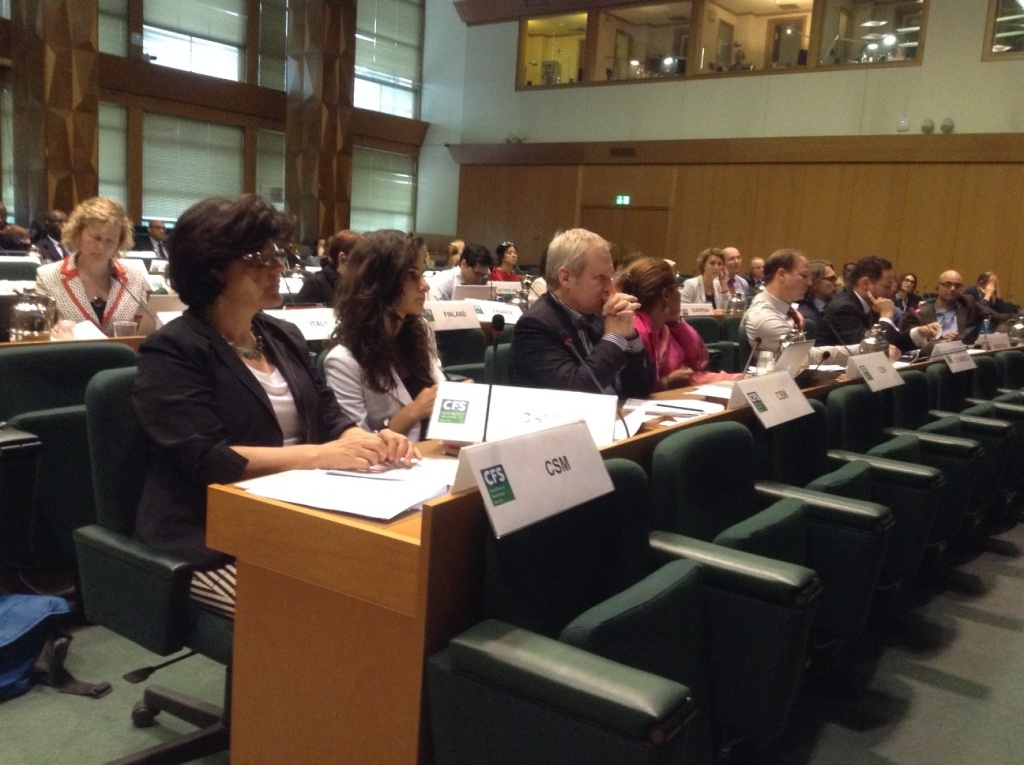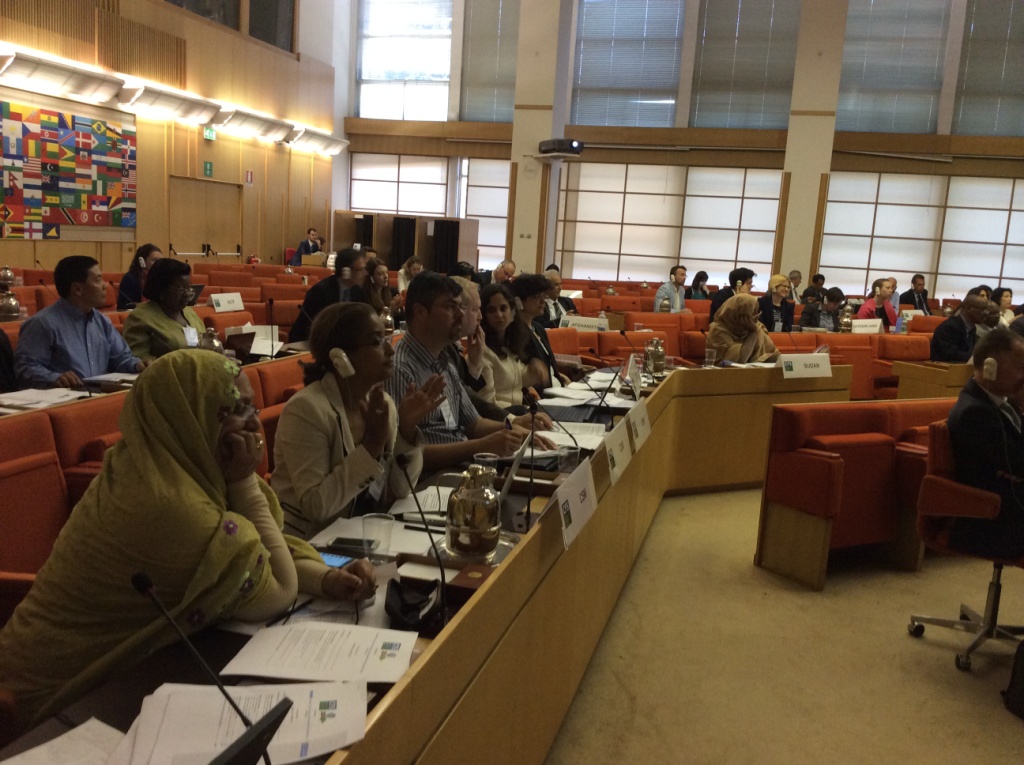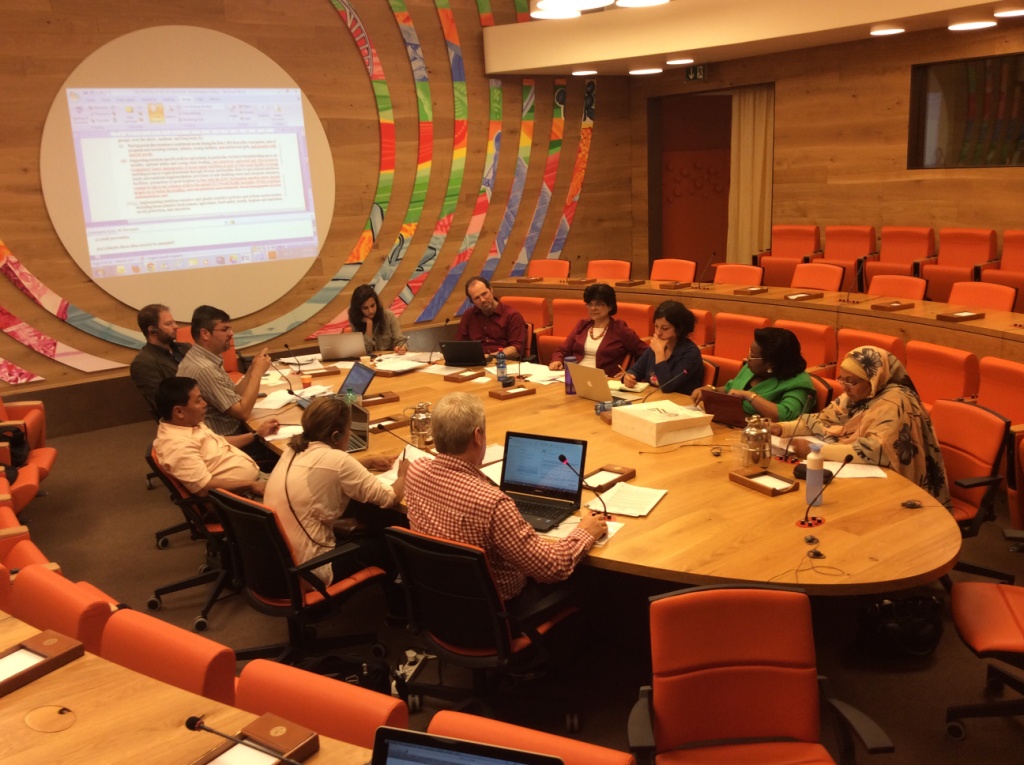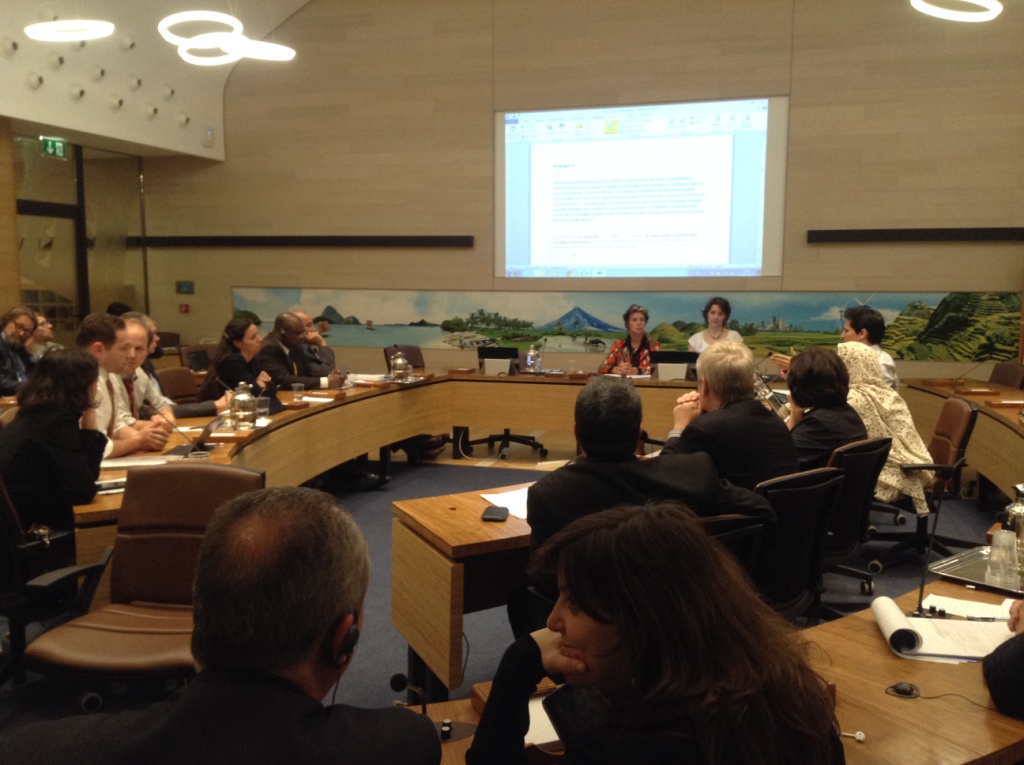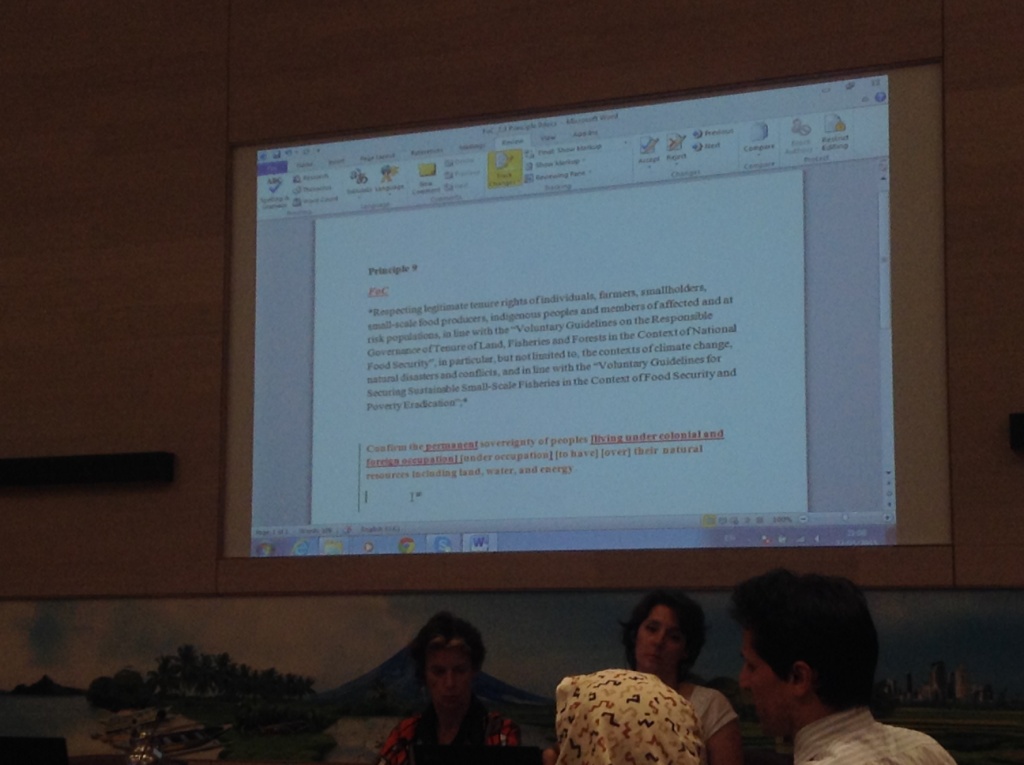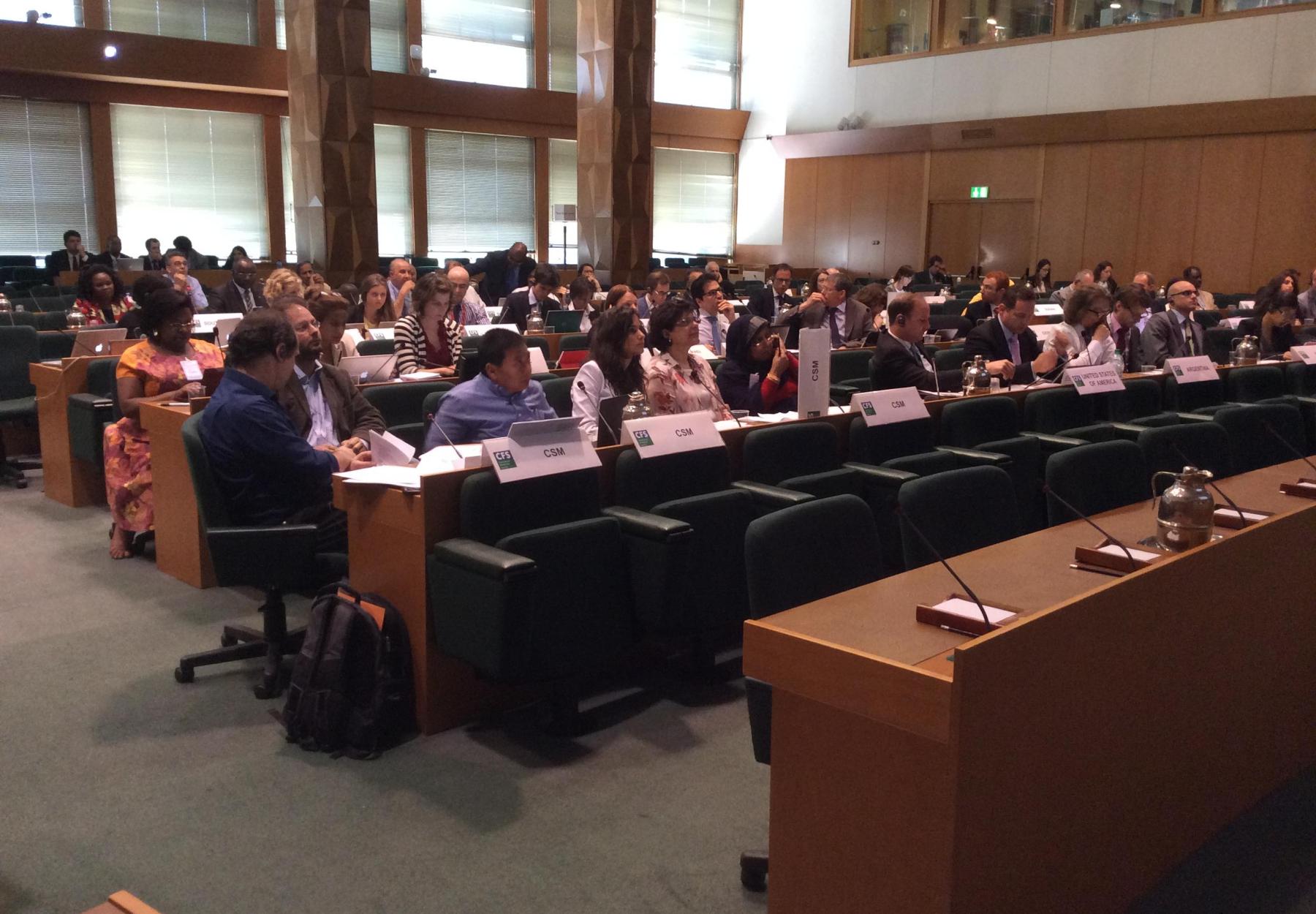
The Arab Group for the Protection of Nature (APN) and the Arab Network for Food Sovereignty have announced that the international negotiations on the Framework for Action for Food Security and Nutrition in Protracted Crises have come to a conclusion on the eve of May, 22nd, 2015 at the Rome headquarters of the UN Food and Agriculture (FAO) Agency.
The negotiations marked a major victory for the global as well as the Arab civil society because thirteen years ago, international parties and forums including the FAO viewed the issue of food security in situations of wars, conflicts and occupations as politically sensitive, a taboo and outside its terms of reference.In 2005,
APN managed to set up a global civil society group under an Arab leadership to deal with the issue of food insecurity in wars, conflicts and occupations. Five years after launching this tough and unrelenting voluntary mission, the Committee on World Food Security (CFS)-the world’s highest international and governmental forum on nutrition and food security- adopted this issue. After negotiations that went on for years, the framework document was finalized and will be submitted for endorsement in October, 2015.
A major achievement in the document, according to Razan Zuayter, coordinator of the Civil Society Mechanism Group was success in integrating the issue of occupation into its articles, as a root cause for food insecurity and under-nutrition in crises situations, in addition to including several articles relating to the issue of occupation such as ensuring safe and unimpeded access to humanitarian and food aid, the tenure of land, forests and fisheries, safe access to affected communities and utilization of their natural resources and their protection through the respect of the international human law, particularly the Geneva Conventions.
The document affirmed that the principle of resilience should not only be restricted to being a holistic approach or an ultimate goal as being sought, but there should be an examination of root causes of food insecurity and under-nutrition and ways of preventing and addressing such conditions. It also affirmed the principle of protection from shocks in defining ‘resilience’, since it was restricted to adaptive capacity to shocks (coping ability).
The document called for integrating full human rights principles to ensure the program will not be restricted to (short term) humanitarian and developmental approaches. An approach based on human rights is considered preventive and therapeutic at the same time, and without it the document will turn into a real-time response tool.The negotiations succeeded in integrating policies that foster local food systems as a main component in regards to development, and support of resilience, particularly ensuring access of small producers to production resources and markets, in addition to listing articles on encouraging local food procurement and engagement of local groups in the implementation of humanitarian and development aid programs, as well as highlighting the importance of building food reserves at local, national and regional levels.
Moreover, the negotiations managed to identify main reasons behind the failure of policies and programs in protracted crises situations, including the undermining of local capacities and priorities as a result of external interference, self-serving commercial and political interests and lack of support for food producers. An article on an attempt towards sustainable solutions for people’s displacement and livelihoods adaptability was removed and replaced with an article on the need to develop permanent solutions to displacement of people that aim at facilitating their return to their homelands.
Another article has been added preventing the use of food as a tool for political or economic pressure and stipulating the need to refrain from adopting unilateral actions contradicting with international law including the UN Charter, which endanger nutrition and food security, as stated by the 1996 Rome Declaration. The document included articles emphasizing the need for affected countries to own programs and oblige foreign humanitarian organizations to work through state institutions to avoid undermining them or creating equivalent systems. Two other articles emphasized the need to facilitate implementation of the document by mobilizing a high-level political commitment.
The negotiations affirmed the need to invest the document’s goals and principles with great seriousness towards lifting the suffering of people living under occupation and experiencing conflicts and wars.
